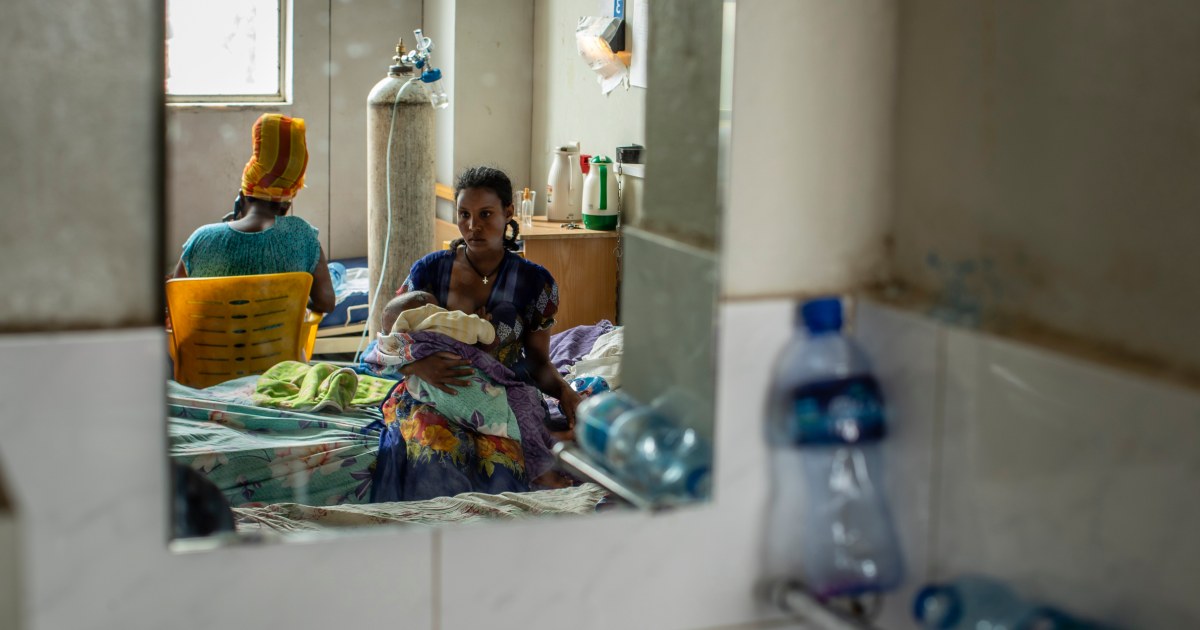
Ethiopia’s health minister and a TPLF spokesman did not respond to requests for comment. The TPLF has previously denied looting health facilities and blamed the government for shortages of humanitarian supplies.
The United Nations first sounded the alarm about lack of access to Tigray in December 2020, when government forces took control of Mekelle after battling rebellious forces loyal to the TPLF for three weeks.
Access for its trucks has ebbed and flowed since then but declined significantly after government forces withdrew from most of the region at the end of June, according to reports by U.N. humanitarian agency OCHA.
Abiy’s government has repeatedly rejected accusations by the United Nations and other aid organizations that it is preventing humanitarian supplies from reaching Tigray
The government has restricted media access since July. Some aid agencies have been barred, and most communications to the region are down.
Two international aid agencies reached by Reuters did not respond to requests for comment about the Tuesday presentation, which was issued on behalf of all of Ayder hospital’s staff.
‘De facto blockade’
A senior doctor at Ayder told Reuters that about 80 to 90 percent of Tigray’s hospitals and clinics were not functioning. The United Nations says more than 90 percent of the region’s 5.5 million people need humanitarian assistance and 400,000 are living in famine-like conditions.
Some supplies reached Tigray’s main cities during the first eight months of the conflict, when the region was under government control. But little food and almost no medical supplies have arrived since the government pulled back in late June, doctors said.
They blamed what U.N. and U.S. officials have described as a de facto government blockade. The United Nations estimates at least 100 trucks of aid must enter Tigray each day to keep up with needs. Less than 12 percent of that has arrived since July, OCHA said last week.
There are three main routes into Tigray, but bridges along two of them were blown up as the Ethiopian military withdrew, OCHA reports said. Convoys attempting to use the remaining land route, through Afar, have faced lengthy security checks and bureaucratic delays that can last weeks. Authorities often do not allow fuel and medication to get through, according to OCHA reports.
Source: | This article originally belongs to Nbcnews.com










